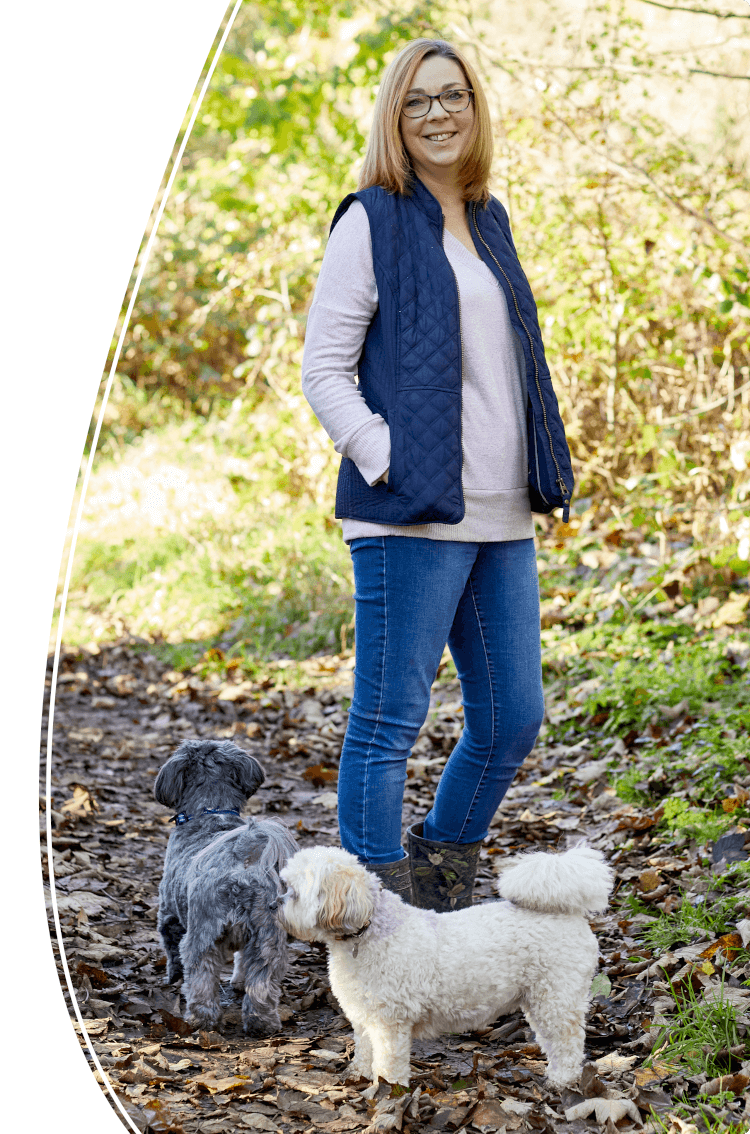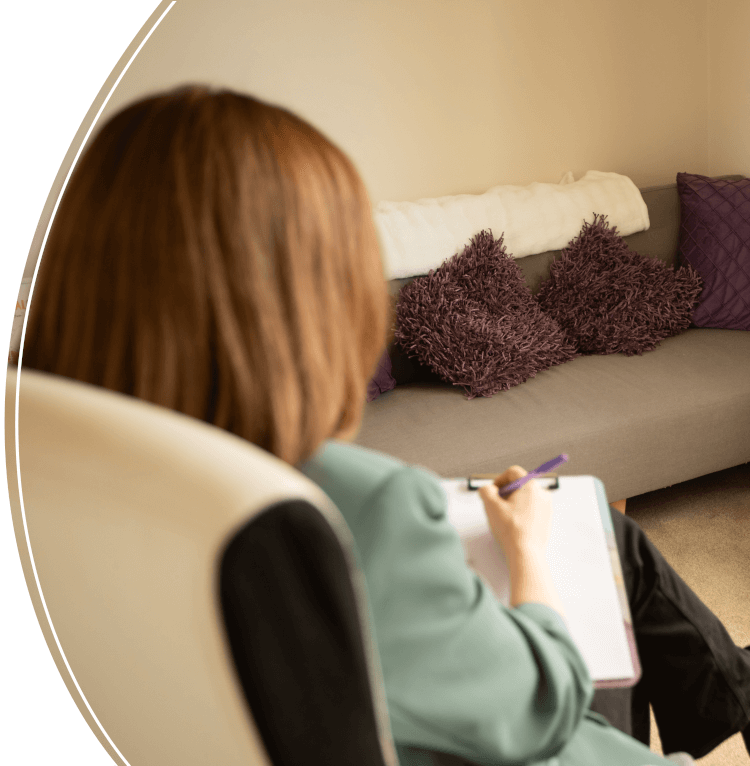Anxiety builds quietly and so can healing

Anxiety rarely arrives all at once. More often, it tiptoes in quietly, gradually settling in little by little, until one day, it feels like you’re carrying a weight on your shoulders you never agreed to hold. What started as a vague sense of unease can gradually touch every part of your day. And often, it’s hard to pinpoint exactly how or when it got so heavy.
My own story: how anxiety built up quietly
My own journey of positive change began in much the same way. Anxiety had slowly crept in, manageable and barely noticeable at first. But over time, it grew louder, more overwhelming, until I realised I no longer felt quite like myself. And I couldn’t fully explain why.
Sound familiar?
The quiet build-up: subtle signs to watch for
For many, anxiety begins subtly. A little extra worry here and a feeling of dread there. Maybe you start waking up feeling tense or find yourself second-guessing decisions that used to feel simple. At first, it’s easy to brush off: “I’m just tired,” or “I’m just really busy.”
But anxiety has a way of growing, especially when left unspoken.
Over time, those occasional anxious moments become more frequent:
- Racing thoughts, especially at night
- Feeling drained by everyday tasks or social situations
- Changes in sleep, appetite, or energy levels
- A constant sense of being on edge, both mentally and physically
Because it builds so gradually, it can be easy to overlook. By the time you recognise it as anxiety, it may already be shaping the way you think, the way you feel, and the way you live.
How anxiety shapes your world
When anxiety becomes a regular part of life, it tends to narrow your world. Things that once felt easy, like making plans, relaxing, and even just making decisions, start to feel harder.
That’s because your brain’s primitive emotional part (the bit designed to keep you safe) begins to take the lead. It becomes hyper-alert, constantly scanning for danger, even when there isn’t any. This can lead to overthinking, withdrawal, or heightened emotional responses to everyday situations.
The good news? Your brain is incredibly adaptable, and this is where Solution Focused Hypnotherapy can help.
Brain-based forward-focused approach
Solution Focused Hypnotherapy doesn’t dwell on the past. Instead, it helps you gently shift your focus: from what’s wrong to what’s possible.
It blends talking therapy with guided hypnosis (a deeply relaxing, natural state a bit like daydreaming) to help you access the intellectual part of your brain. The part that’s rational, creative, and resilient.
In this relaxed state, your conscious mind quietens. You become more open to forming new, healthier patterns of thought and behaviour. Over time, this can help to:
- Ease the constant cycle of worry.
- Improve sleep and concentration.
- Rebuild confidence and self-esteem.
- Restore a sense of calm and control.
It’s not about “fixing” you, instead it’s about helping you reconnect with the strength and calm that’s already within you. It’s about helping your brain shift from survival mode to solution mode.
One small meaningful step at a time
If anxiety has been creeping into your life, you don’t have to wait for it to get worse before reaching out. Even small shifts in thinking and behaviour can lead to meaningful, lasting and positive change.
Whether you choose Solution Focused Hypnotherapy or another supportive path, the most important step is not staying stuck. Anxiety may be part of your current story, but it doesn’t have to be the whole story.
You’re allowed to feel better, and you’re allowed to take a breath.
One gentle meaningful step at a time, I can support you to find your inner freedom from what’s holding you back, ease anxiety and come home to a calmer, more grounded you.
You can read more on my Anxiety and Stress page Anxiety Hypnotherapy in Nottingham – Katie Deacon or contact me for a free 45 minute consultation by email at katie@katiedeacon.co.uk.
More Blog Articles







